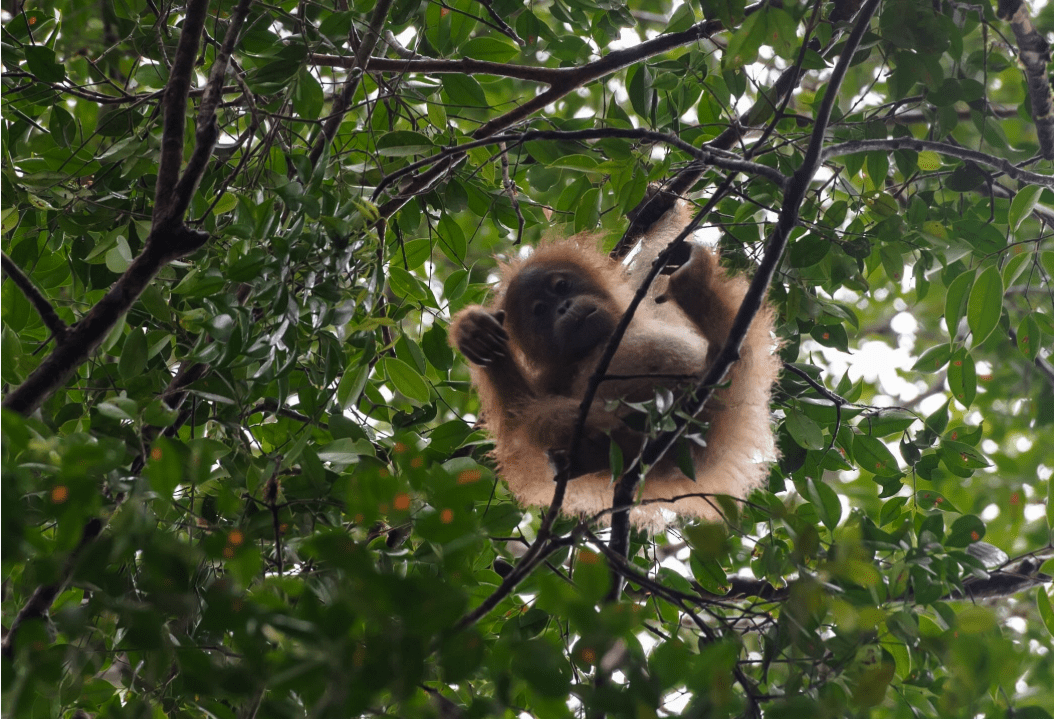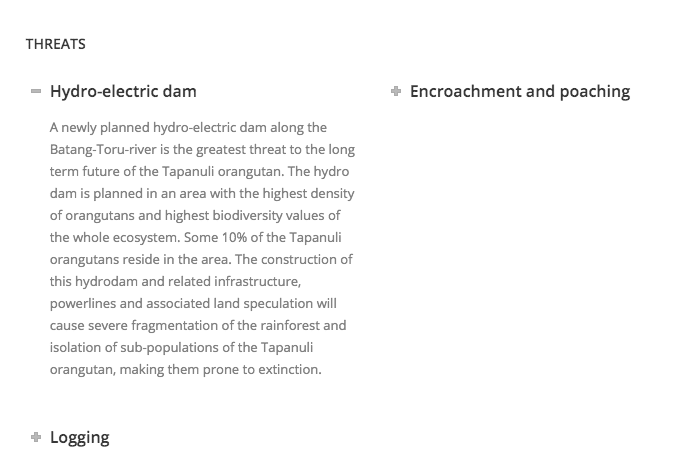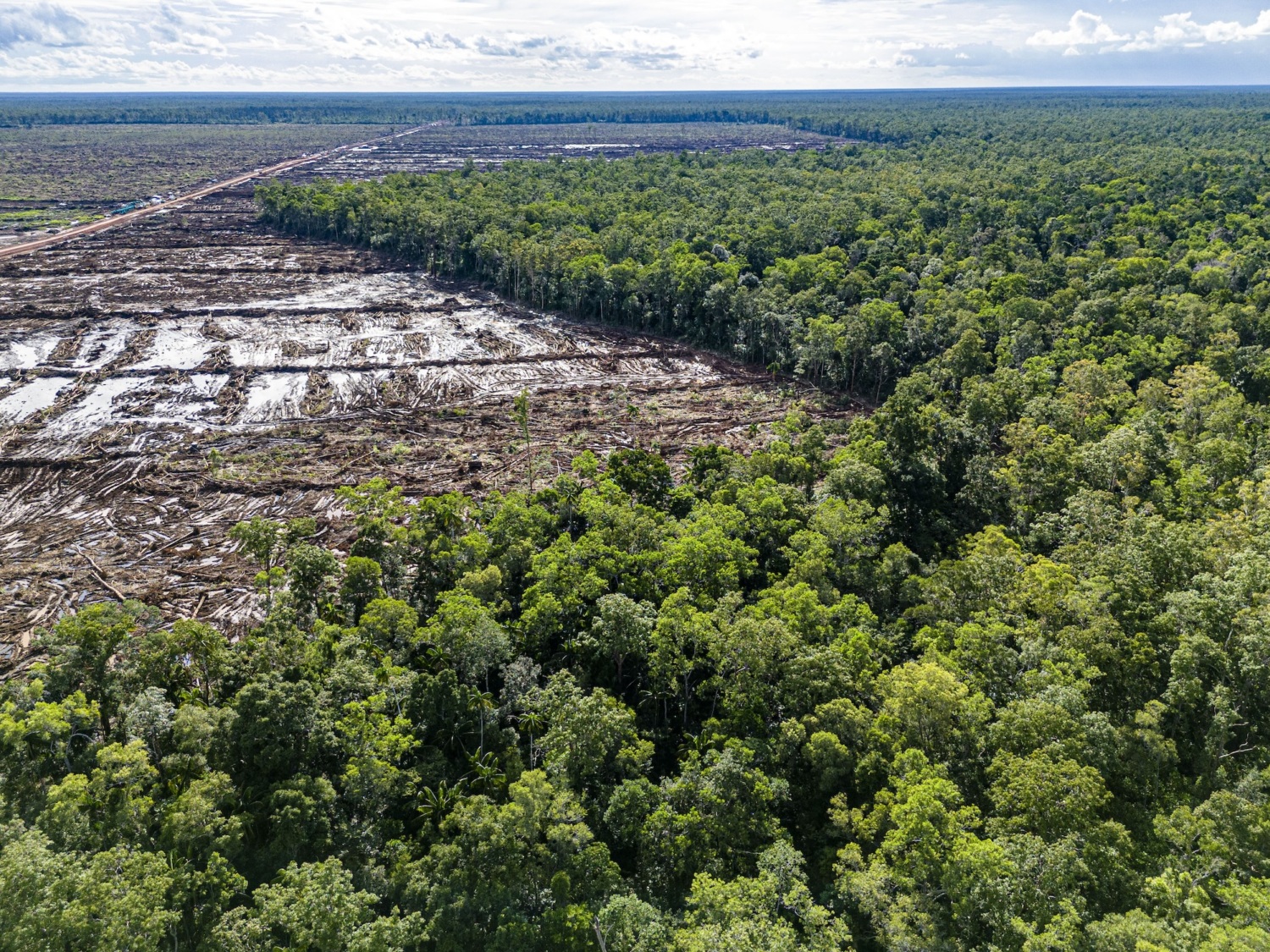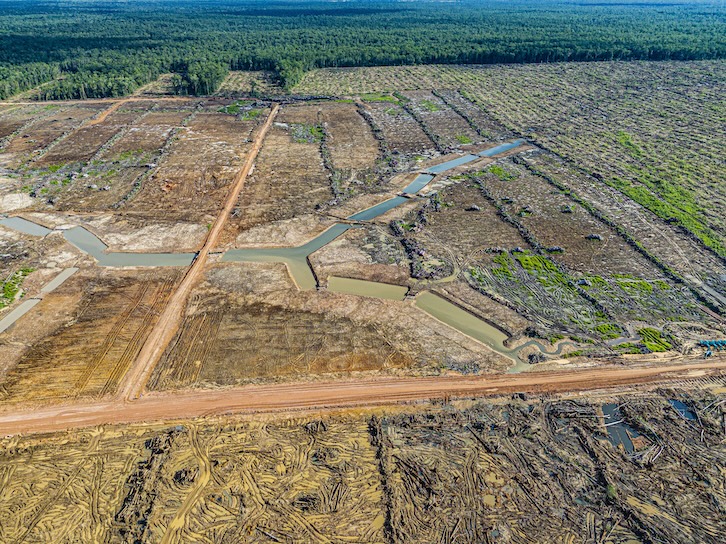
The Endangered Tapanuli Orangutan Loses an Ally
Read in Bahasa
Statement on recent MoU between NSHE and PanEco in the name of Tapanuli Orangutan
The stage is set for a crucial showdown in a long-running battle to save a rare species of orangutan from possible extinction at the hands of a planned US$ 1.6 billion hydroelectric dam project. The controversy over construction of the internationally-financed dam and hydroelectric project centers around findings by scientists that the development will pose an existential threat to the already diminished population of the Tapanuli orangutan (Pongo Tapanuliensis), which has been declared as Critically Endangered by International Union for Conservation of Nature (IUCN), and also negatively impact thousands of Indonesian citizens of local communities.
However, the dam company has consistently ignored the urgent warnings of scientists that alternatives are needed, putting the decision in the hands of President Jokowi. Indonesian and international environmental groups are working to protect the orangutan, including Orangutan Information Centre (OIC) dan Center of Orangutan Protection (COP), and Mighty Earth.
Surprisingly, a press release said that NSHE has sealed a deal with the Swiss organization PanEco to greenwash the dam project. The Swiss organization had previously identified the dam as “the greatest threat to the long-term future of the Tapanuli orangutan.” This new arrangement has raised many questions among NGOs, both local and international.
Glenn Hurowitz, CEO Mighty Earth, expressed his disappointment: “It’s a disgrace that PanEco capitulated to bullying and intimidation by the dam company instead of reporting these attempts to the Anti-Corruption Commission (KPK) and police. Indonesian and Swiss authorities should investigate this dirty deal and hold the dam company accountable for its actions. PanEco’s greenwashing shouldn’t obscure the fact that according to the dam company’s own Environmental Impact Statement, this dam is planned for a place with almost three times the density of Tapanuli orangutans than the average in the Batang Toru ecosystem.”
PanEco’s decision to accept the deal offered by NSHE should prompt further investigation since PanEco suddenly altered its approach under pressure.
Until very recently, PanEco’s own website said that “A newly planned hydro-electric dam along the Batang-Toru-river is the greatest threat to the long term future of the Tapanuli orangutan. The hydro dam is planned in an area with the highest density of orangutans and highest biodiversity values of the whole ecosystem. Some 10% of the Tapanuli orangutans reside in the area. The construction of this hydrodam and related infrastructure, powerlines and associated land speculation will cause severe fragmentation of the rainforest and isolation of sub-populations of the Tapanuli orangutan, making them prone to extinction.”

Screenshot of PanEco website (Aug. 24, 2019)
PanEco wrote that the solution was clear: “The construction of the dam needs to be stopped, the whole area must be protected and effective corridors between the two blocks have to be built.”
“The facts haven’t changed, and this dam remains a massive threat to the survival of this species. This dirty deal also doesn’t hide the fact that the dam is entirely unnecessary and that the expansion of the nearby Sarulla Geothermal Plant could provide significantly more zero carbon electricity than the Batang Toru dam without threatening the survival of the Tapanuli orangutan. The Indonesian government should investigate the integrity of the decision-making process that allowed the permitting of a clearly inferior project,” said Hurowitz.
The deal is the latest salvo in a long struggle to protect Batang Toru and the endangered Orangutan habitat. A 2018 biology journal article by Sean Sloan, Jatna Supriatna, Mason J. Campbell, Mohammed Alamgir, and William F. Laurance said that “the proposed hydroelectric project should be cancelled. This project would alter at least 8% (96 km²) of high-quality orangutan habitat by 2022).”
“We hope President Jokowi will continue his efforts to protect ‘Wonderful Indonesia’ and fight against corruption by stopping this dam. He has an opportunity to protect an Indonesian national treasure while supporting the construction of truly green infrastructure,” said Hurowitz.


